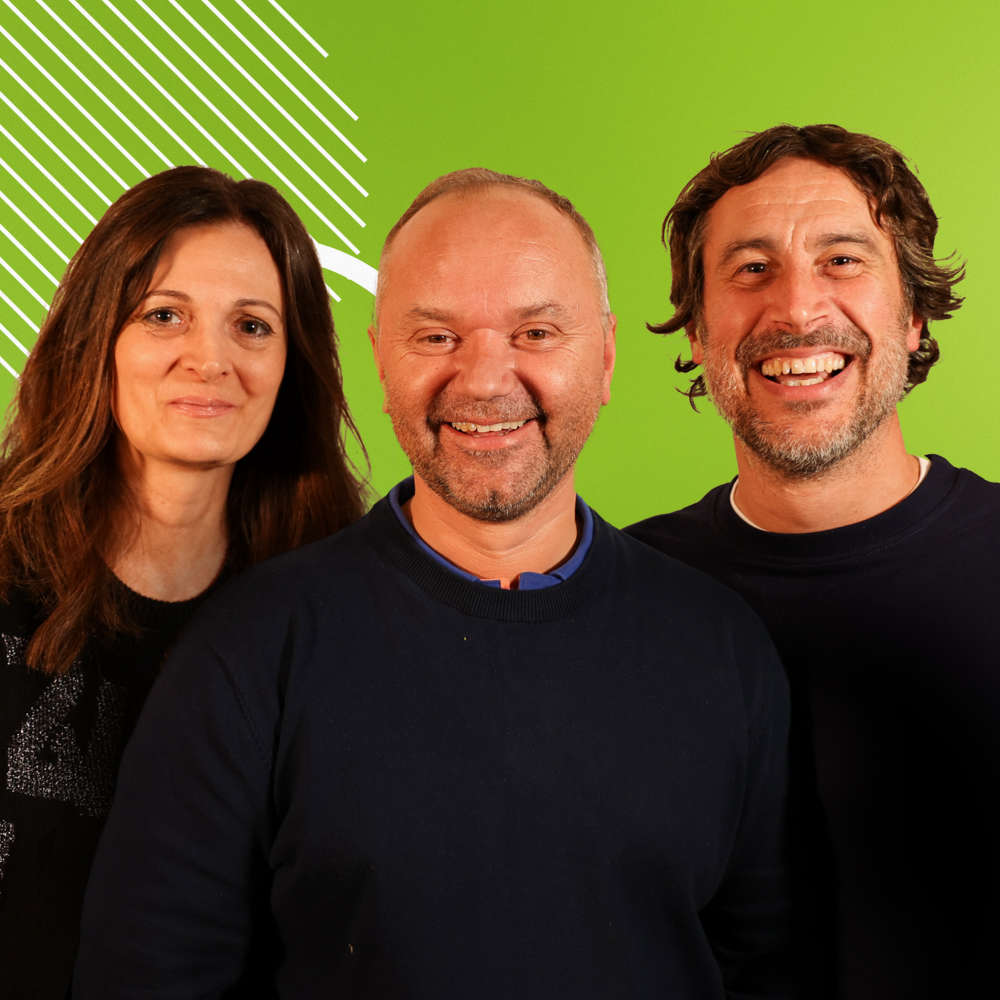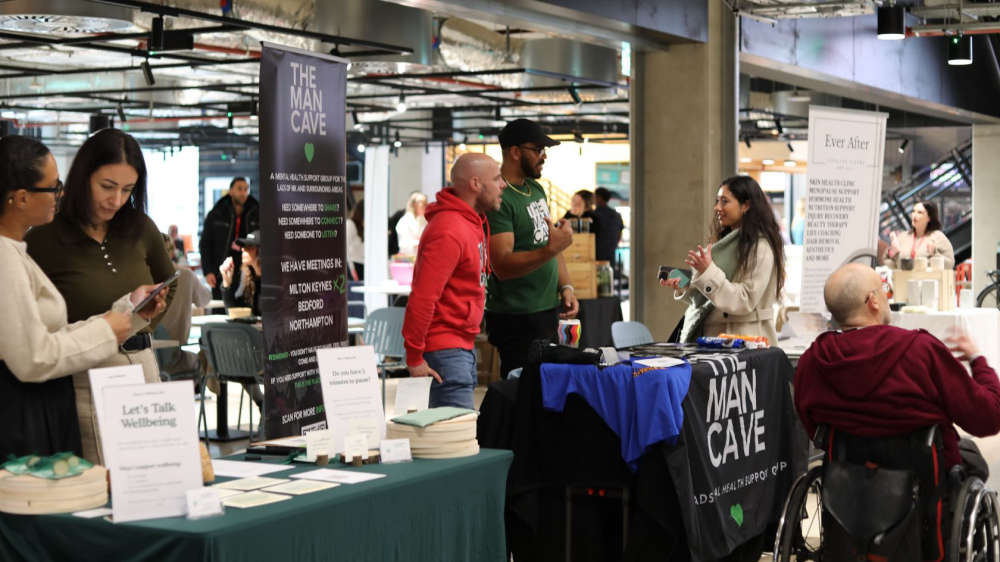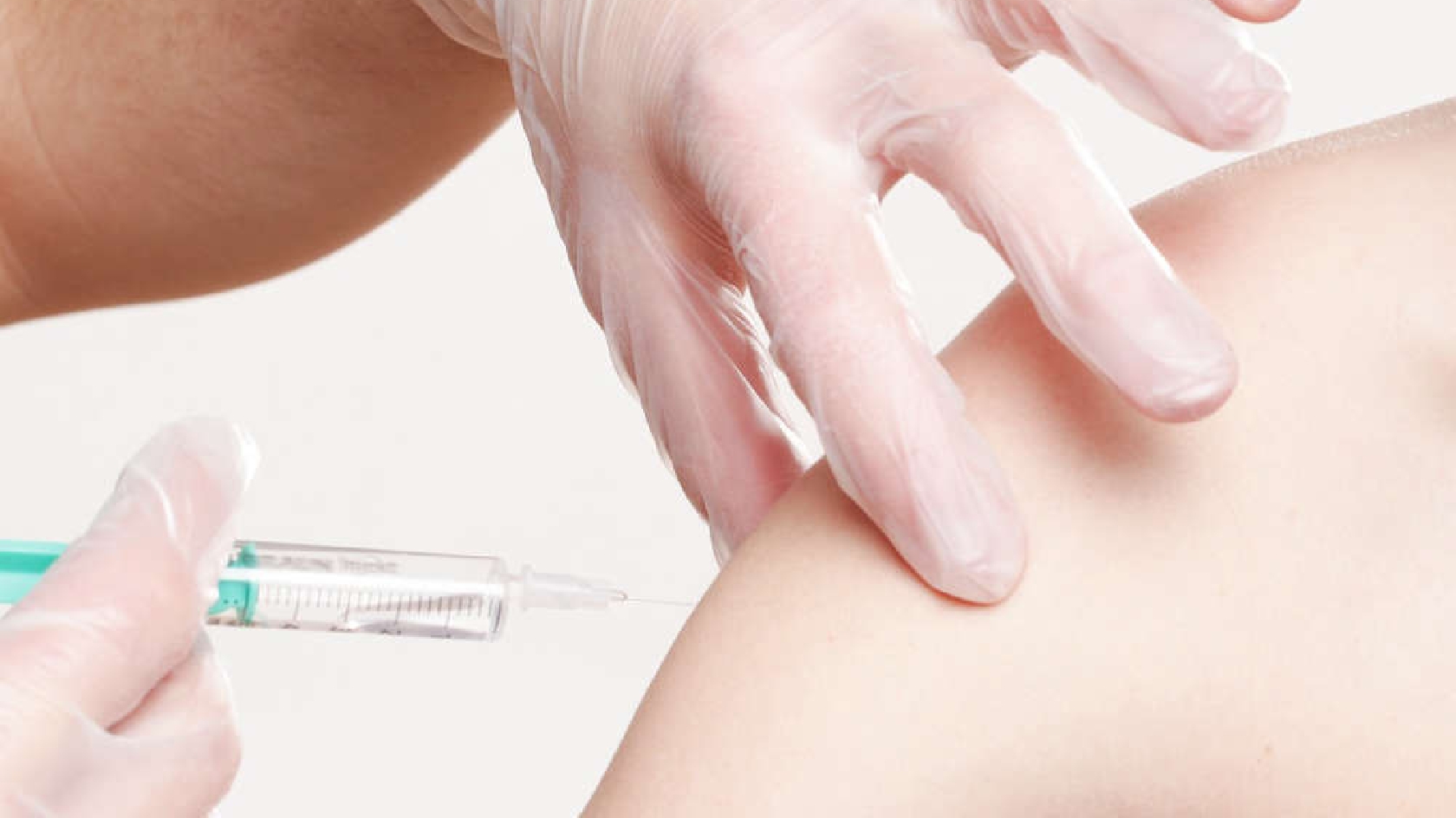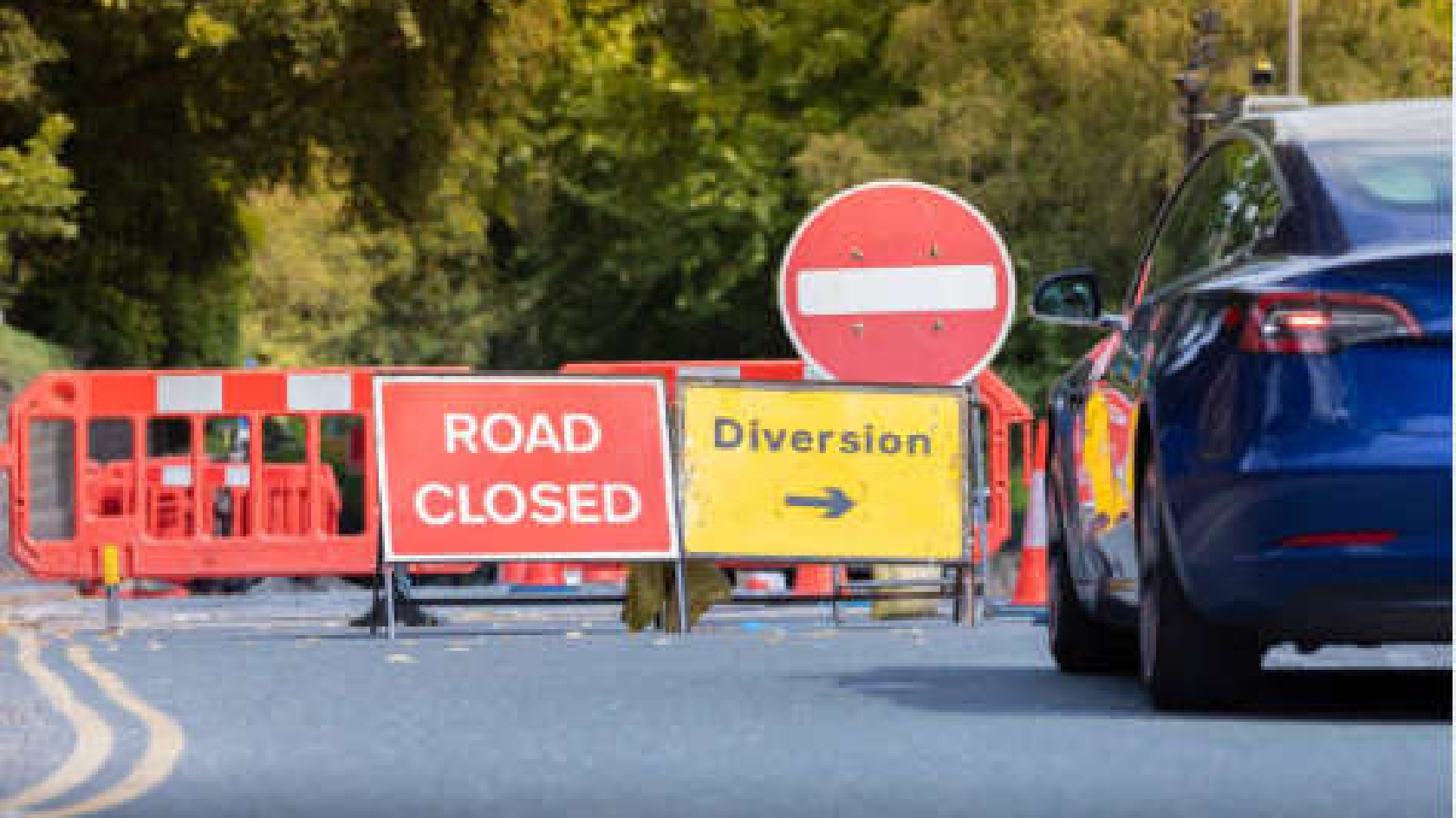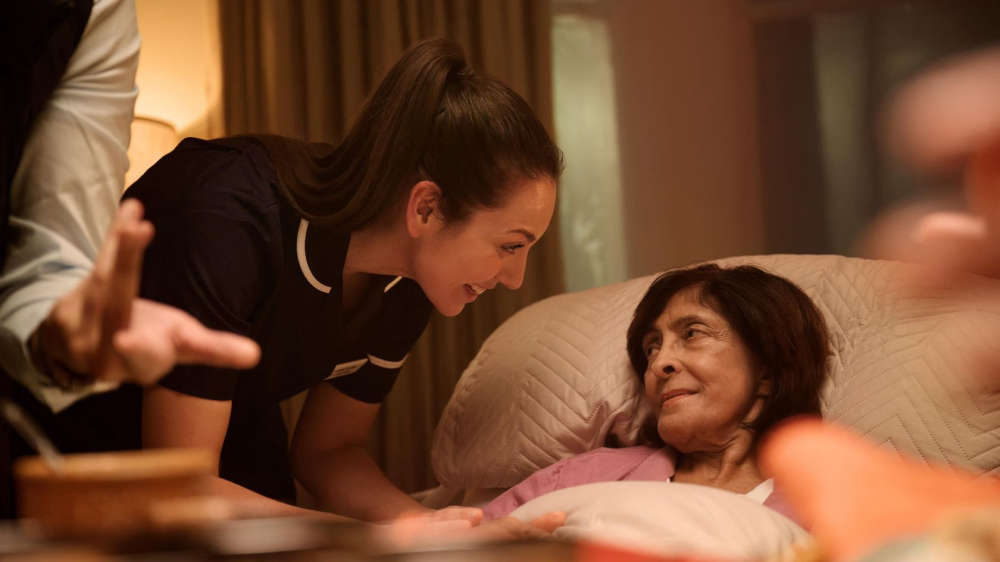
Ancient relaxation techniques rely on practices that ease both physical tension and mental stress.
Ancient relaxation techniques rely on practices that ease both physical tension and mental stress. These methods, rooted in tradition, continue to offer relief for those looking for natural approaches to wellbeing, even as wellness trends evolve.
Recent years have seen Milton Keynes residents show growing interest in these traditional approaches to wellbeing. Eastern massage traditions are respected for their gentle stretching, pressure point work, and rhythmic movements. Many locals report feeling both energised and deeply relaxed after sessions that draw on centuries-old wisdom.
The appeal of these ancient techniques lies in their comprehensive nature. Instead of just addressing symptoms, they work with the body's natural energy systems to restore harmony and encourage healing from within. This broad approach to wellness has made them increasingly popular among those looking for natural ways to manage stress and improve their quality of life.
The Science Behind Traditional Thai Massage
Thai massage in Milton Keynes draws on a tradition that dates back over 2,500 years, originating in India before reaching Thailand. This practice combines acupressure, Indian Ayurvedic principles, and assisted yoga postures. Demand has grown locally as residents search for effective ways to manage stress and pain.
Unlike Western massage styles that use oils and focus mainly on muscles, Thai massage works along energy lines called "Sen" to balance the body's vital force. Practitioners use their hands, knees, legs, and feet to move clients into yoga-like stretches while applying pressure to energy pathways.
Many ancient relaxation techniques, including getting a Thai massage in Milton Keynes, support improved blood circulation and reduced muscle tension. Research shows benefits for circulation and stress reduction through rhythmic movement and mindful breathing.
When pressure is applied to specific points, the body releases endorphins, natural pain-relieving compounds. The gentle stretching increases flexibility while the rhythmic pressure helps lower cortisol, the stress hormone that contributes to many health problems.
Evidence-Based Health Outcomes
Clinical studies confirm what practitioners have known for centuries. A 2015 study in the International Journal of Therapeutic Massage and Bodywork found that Thai massage provided noticeable pain relief for people with sciatica. Participants reported a 50 percent reduction in pain after just six sessions.
The effects go beyond pain management. Peer-reviewed findings from the Touch Research Institute have documented improved flexibility and range of motion following regular Thai massage, with study details available at ResearchGate.
Stress reduction is another well-documented benefit. A controlled study at Thailand's Khon Kaen University measured cortisol levels before and after Thai massage sessions. They found an average 30 percent decrease in this stress hormone, comparable to reductions seen with meditation.
Compared to conventional treatments, Thai massage offers similar relief without side effects. Research found that Thai massage was as effective as ibuprofen for chronic lower back pain, with participants experiencing similar pain reduction along with greater mobility improvement.
Common Stress-Related Ailments in Milton Keynes Residents
Milton Keynes residents experience stress patterns linked to the city's business-driven environment. Data from Milton Keynes Council reveals that local workforce stress levels exceed the national average by 19 percent. High performance expectations are common in major employment centres.
Many professionals in the area report issues such as neck and shoulder tension, lower back pain, and frequent headaches. Local workforce surveys point to these complaints among workers, connecting them to high-demand office settings and careers that require mental focus and long hours.
The daily impact of modern office routines does not end when the workday finishes. Sedentary job roles often leave individuals sitting at a desk for extended periods, which leads to poor posture and persistent muscle tension. This discomfort is often made worse by time spent commuting.
Weather conditions across Thames Valley, particularly the frequent damp associated with local winters, are often linked to a rise in reports of joint stiffness and muscle tightness. Colder, damp weather prompts muscles to contract and become less flexible, with healthcare practitioners noting increased requests for pain support.
How Ancient Techniques Address Modern Health Challenges
Traditional healing practices have been adjusted to tackle contemporary health issues effectively. Thai massage techniques have been changed to help with specific modern complaints like "text neck," a condition caused by looking down at mobile devices. The focused pressure helps relieve chronic tension in neck and shoulder muscles.
These ancient methods work particularly well for repetitive strain injuries common among office workers. The combination of stretching and pressure point work improves blood flow to affected areas, speeding healing and reducing inflammation without medication.
Many local healthcare providers now see the outcomes of these traditional approaches. According to NHS Digital, there is a growing trend across the UK for GPs and other healthcare professionals to consider additional therapies including Thai massage in Milton Keynes as supportive options for managing chronic pain and stress-related conditions.
Traditional Approaches Combined with Modern Wellbeing
Ancient healing practices work best as part of a wider wellness plan. When combined with mindfulness techniques, the results of Thai massage tend to increase. Local wellness providers often recommend mindful breathing and basic meditation before a treatment, as studies suggest both practices help reduce stress and support relaxation.
Nutrition also plays an important role in supporting massage benefits. Anti-inflammatory foods like ginger, turmeric, and omega-3 help the body's natural healing response after massage therapy. Local nutritionists often work alongside massage therapists to create balanced treatment plans.
For best results, evidence from published studies suggests that the results of Thai massage are more likely to continue through regular sessions fitted to individual needs. A randomised controlled trial observed positive outcomes for participants receiving weekly or fortnightly Thai massage for chronic back pain over multiple weeks.
Finding Qualified Practitioners in Your Area
Authenticity matters when arranging Thai massage. Take time to verify that local practitioners hold verifiable certification and experience with your health needs. Focus on direct evidence of professional qualifications and up-to-date registration with recognised industry bodies.
Before booking, ask potential therapists about their specific training background. Questions about where they studied, how long they practiced in Thailand, and their experience with your particular health concerns can reveal much about their skill. Qualified professionals welcome these questions.
Always confirm the therapist's professional credentials, insurance status, and their practical experience related to your health concerns. Those who have completed thorough training will present verifiable documentation and will answer in detail about their scope of practice.
Ultimately, ancient relaxation techniques continue to offer proven benefits for stress relief, pain management, and overall wellbeing, even amid the demands of modern life. Backed by both tradition and science, these methods offer natural support for those seeking alternatives to medication or high-impact therapies.
With the right practitioner and a commitment to regular sessions, individuals can tap into centuries of healing wisdom to improve physical comfort, mental clarity, and quality of life. Integrating these approaches into a broader wellness plan that includes nutrition and mindfulness may offer lasting results that go far beyond the massage table.
